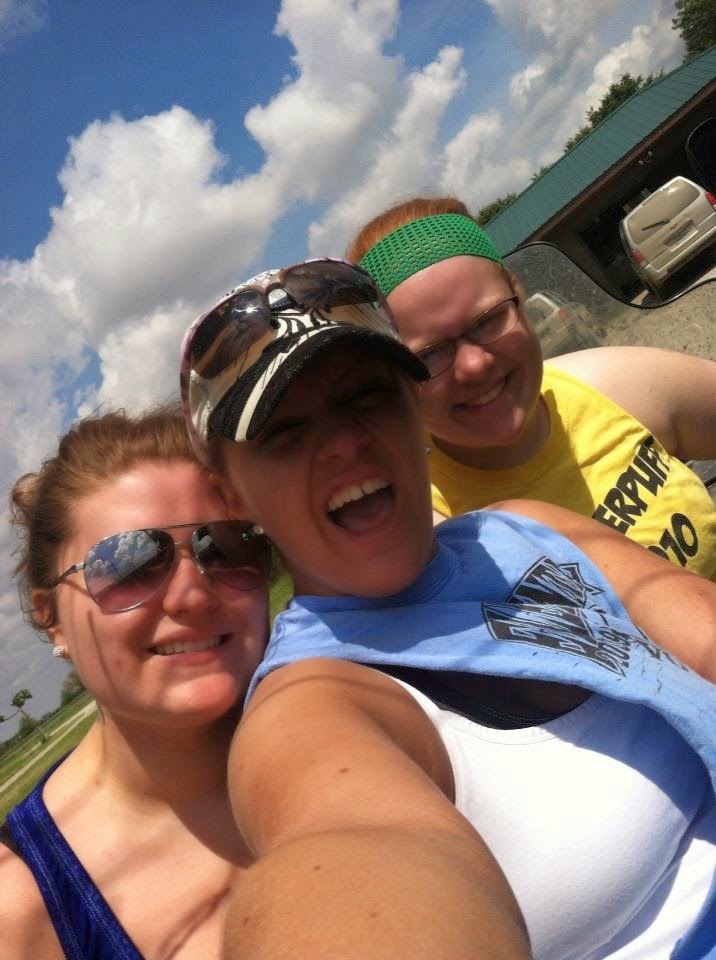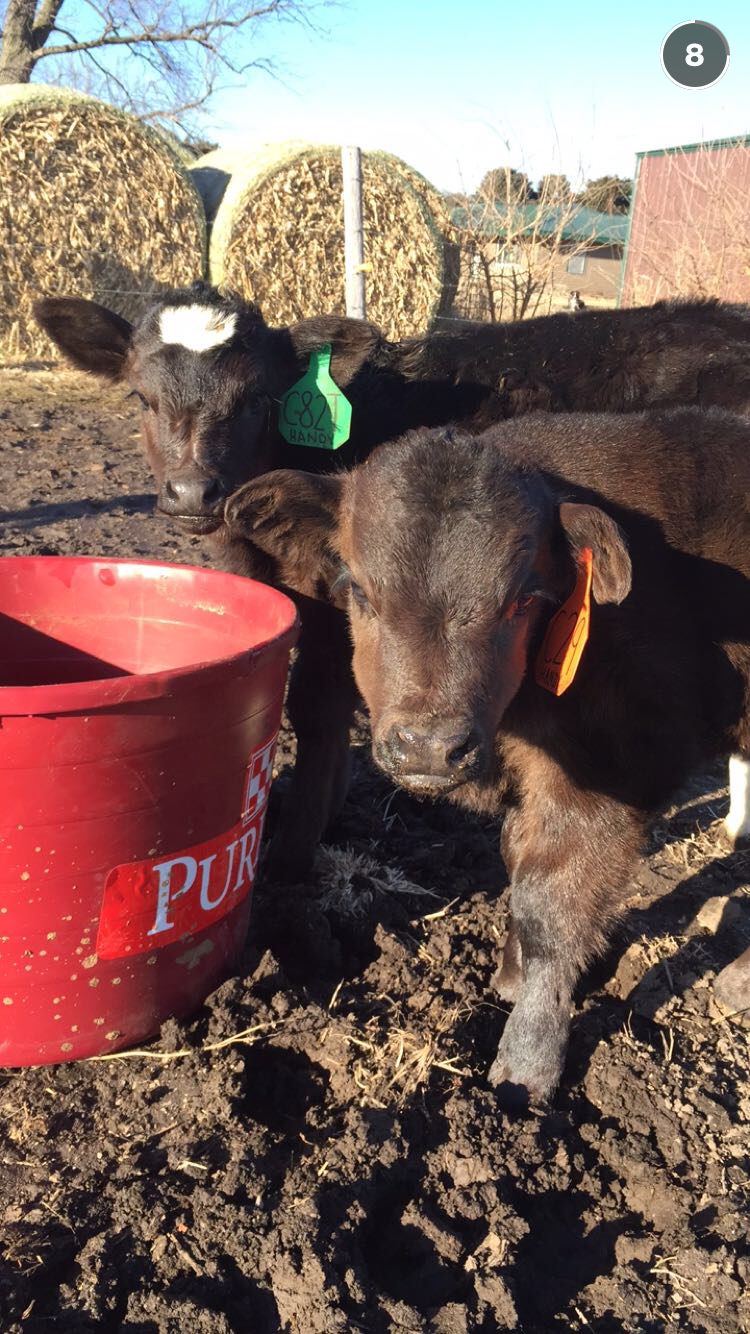Most people have a romanticized idea of what farming looks like. I think it probably looks a lot like Old McDonald’s farm, with the cattle and sheep roaming through green pastures, the pigs in their sty, and chickens, dogs and cats wandering around the yard. However, after spending my entire life living and working on a farm, I can tell you that I have never seen a set-up like Old McDonald’s.
Don’t get me wrong, I think our cows are definitely content and happy, but Old McDonald’s farm is a fantasy. We live in reality, because we experience day in and day out, the highs and lows of raising livestock for a living. The general public has an idealized version, because they don’t get to see what it takes to keep a farm operating daily.
What I wish people knew about raising cattle is that there are no vacations. I can count a total of two family vacations that we took when I was growing up. Taking time off meant finding someone we trusted to care for our animals. It meant leaving our livelihood in someone else’s hands for a week at the most. Even when you’re at the waterpark in the Wisconsin Dells, you’re constantly wondering if you told your replacement for the week everything they needed to know. You want to make sure that they keep an eye on that one calf that you thought was sounding weezy the last time you were in the pasture. It doesn’t matter if you’re physically in another state, because mentally your mind is always thinking of what is happening on the farm.
There are no sick days either, because when that one cow, that always gets out, ends up in your yard, yet again, and you’re the only one home you have to get her back in. Nevermind the fact that you were too sick to go to school and it’s raining so hard that you’ll eventually end up with pneumonia, you go outside, put her where she belongs, and fix the fence.
What I wish people knew about raising cattle, is that life is never fair and death is just another part of the circle of life. When you stay up all night trying to get the bull calf that was born in the middle of a blizzard warmed up in your laundry room and he finally starts to liven up, you count your blessings. When he dies the next afternoon, you wipe away the tears and move on, knowing you’ll get the next one. Nobody sees your frustration when three perfectly healthy calves suddenly go down in the barn lot and the vet tells you there’s nothing he can do to treat hypothermia. That he’s already talked to several of your neighbors and everybody is losing livestock as the polar vortex starts to move in. When the weatherman forecasts a windchill of -40 degrees and tells everybody it’s too dangerous to be outside for longer than 5 minutes, most people get to spend their days curled up on their couch or toasty warm in their offices. Farmers, however, are pulling on Carhartt’s and 15 different layers, getting ready to spend an hour breaking up ice in water tanks because the water heaters can’t keep up with the wind. Then, they get to go inside for a bit, just to repeat the process all over again, a couple hours later.
 Yes, there are days that seem like nothing else can go wrong, but if I had not grown up on a farm, I would never have seen a newborn calf walk for the very first time or know exactly where a cow likes to be scratched. I wish I could describe what I felt the first time I was able to get the premature calf living in our laundry room to take a bottle on his own, after spending 3 days tube feeding him because his jaw just wasn’t strong enough yet. I wish they could be there every time a new calf is born or get to watch the calves play in the barnyard on a sunny, warm day.
Yes, there are days that seem like nothing else can go wrong, but if I had not grown up on a farm, I would never have seen a newborn calf walk for the very first time or know exactly where a cow likes to be scratched. I wish I could describe what I felt the first time I was able to get the premature calf living in our laundry room to take a bottle on his own, after spending 3 days tube feeding him because his jaw just wasn’t strong enough yet. I wish they could be there every time a new calf is born or get to watch the calves play in the barnyard on a sunny, warm day.
I like to think that my farm is better than the idealized version that most people have in their heads, mostly because it’s real. We aren’t stuck in the past, and we’re constantly looking for new technology and ways to update our methods. We believe there is always room for improvement. The cattle in my barn aren’t just dollar signs, they’re living beings for which I am responsible. What I wish people knew about raising cattle is that it’s not just a job, it’s a way of life.




No comments:
Post a Comment